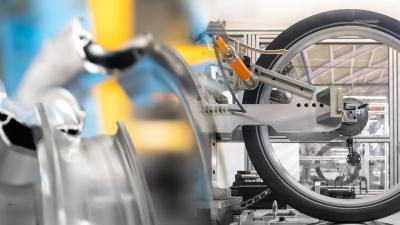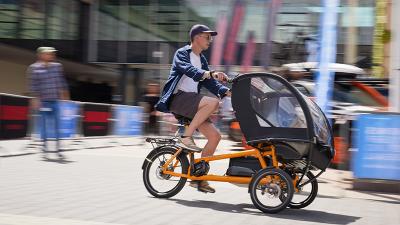All pages
1
Sustainability in the bicycle and e-bike industry
Cover and contents
2
Riese & Muller interview
CEO Dr. Sandra Wolf

3
Suzhou Shengyi 07 E - Road System
Better Choice. Better Riding.
4
The impact of the e-bike industry
Ampler Bikes makes carbon footprint of its e-bike production transparent

5
Taipei Cycle 2023
Focus on sustainability; 770 exhibitors already signed up
6
Isoco interview
100% recyclable frames, made in Germany

7
Mando
How to downsize cars into high tech e-bikes

8
Swapfiets B-corp
Swapfiets, the Pon-owned bicycle concept, has been awarded the international sustainability label B Corp.

9
Rodi Industries
Rodi Industries targets cargo bike sector with a new product line

10
Taipei Cycle 2023 to focus on sustainability
Imagining A Better Future: The Cycling Industry's Sustainable Practices'

11
Neco
Makes your life better

12
Sustainability a driving force in product development
The bicycle industry is waking up to the importance of adopting sustainable production processes

13
Litemove
Litemove designs LED lights for the global bicycle industry. Founded in 2019, the company is based in Taiwan

14
Group Subscription
All editions
Search
Je zoekt door alle Edities










